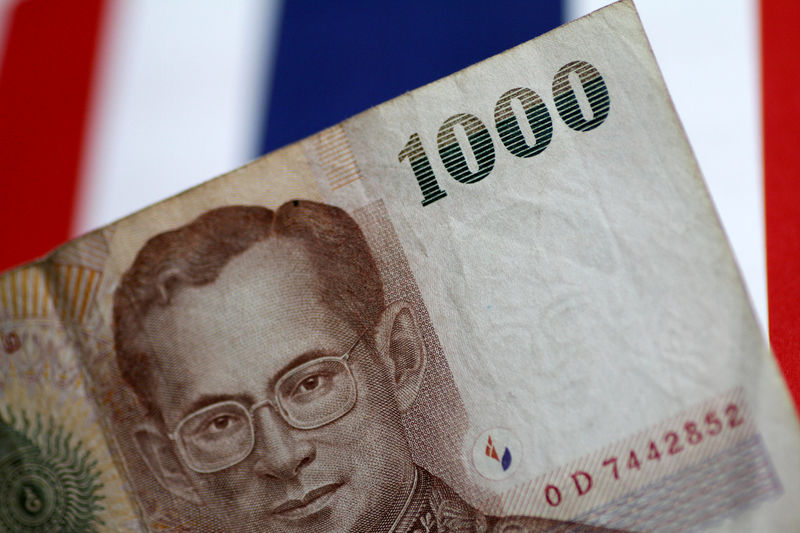By Panu Wongcha-um and Patpicha Tanakasempipat
BANGKOK (Reuters) - The Thai military government's plan to expand the industrial east drew more than $9 billion in pledges of private investment last year and nearly $7 billion more is expected this year, the head of the state investment agency said on Friday.
The Eastern Economic Corridor (EEC) is a centrepiece of the junta's policy to boost growth in Thailand and targets investment into hi-tech industries, as it transitions from those reliant on cheap labor. Thailand's economic growth has fallen behind other Southeast Asian economies since the 2014 coup.
The EEC drew 297 billion baht ($9.3 billion) in promised investment in 2017, Duangjai Asawachintachit, secretary-general of the Board of Investment told reporters. This year, it expects 216 billion baht in planned investment - or nearly a third of the total 720 billion baht Thailand expects to receive.
The junta, which has promised an election this year, says the project will revitalise an area whose industries have been flagging with a total $43 billion in public and private investment in the first five years.
The goal is to make the east a center for hi-tech industries such as robotics and electric vehicles as well as a regional hub for aircraft maintenance.
"In the past we relied on labor intensive industries, but these are hollowing out now. Some have moved to our neighbors," Kanit Sangsubhan, the secretary-general of the Eastern Economic Corridor Office, told Reuters.
To support growth, the government has approved $17 billion worth of infrastructure projects - including an upgrade of the Vietnam War era U-Tapao International Airport and Thailand's largest deep sea port.
Improved road and rail links will connect it with nearby Bangkok as well as the rest of mainland Southeast Asia and with China, to link up with Beijing's Belt and Road Initiative.

Kanit said that once parliament passes new legislation for the project, probably in the first quarter of this year, it will be a draw for new investors.